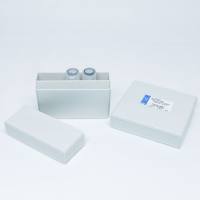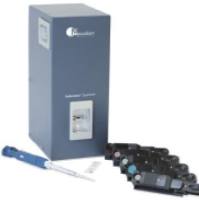Autism spectrum disorders (ASD) are complex and heterogeneous with a spectrum of diverse symptoms. Mounting evidence from a number of disciplines suggests a link between immune function and ASD. Although the causes of ASD have yet to be identified, genetic studies have uncovered a host of candidate genes relating to immune regulation that are altered in ASD, while epidemiological studies have shown a relationship with maternal immune disturbances during pregnancy and ASD. Moreover, decades of research have identified numerous systemic and cellular immune abnormalities in individuals with ASD and their families. These include changes in immune cell number, differences in cytokine and chemokine production, and alterations of cellular function at rest and in response to immunological challenge. Many of these changes in immune responses are associated with increasing impairment in behaviors that are core features of ASD. Despite this evidence, much remains to be understood about the precise mechanism by which the immune system alters neurodevelopment and to what extent it is involved in the pathogenesis of ASD. With estimates of ASD as high as 1% of children, ASD is a major public health issue. Improvements in our understanding of the interactions between the nervous and immune system during early neurodevelopment and how this interaction is different in ASD will have important therapeutic implications with wide ranging benefits.






